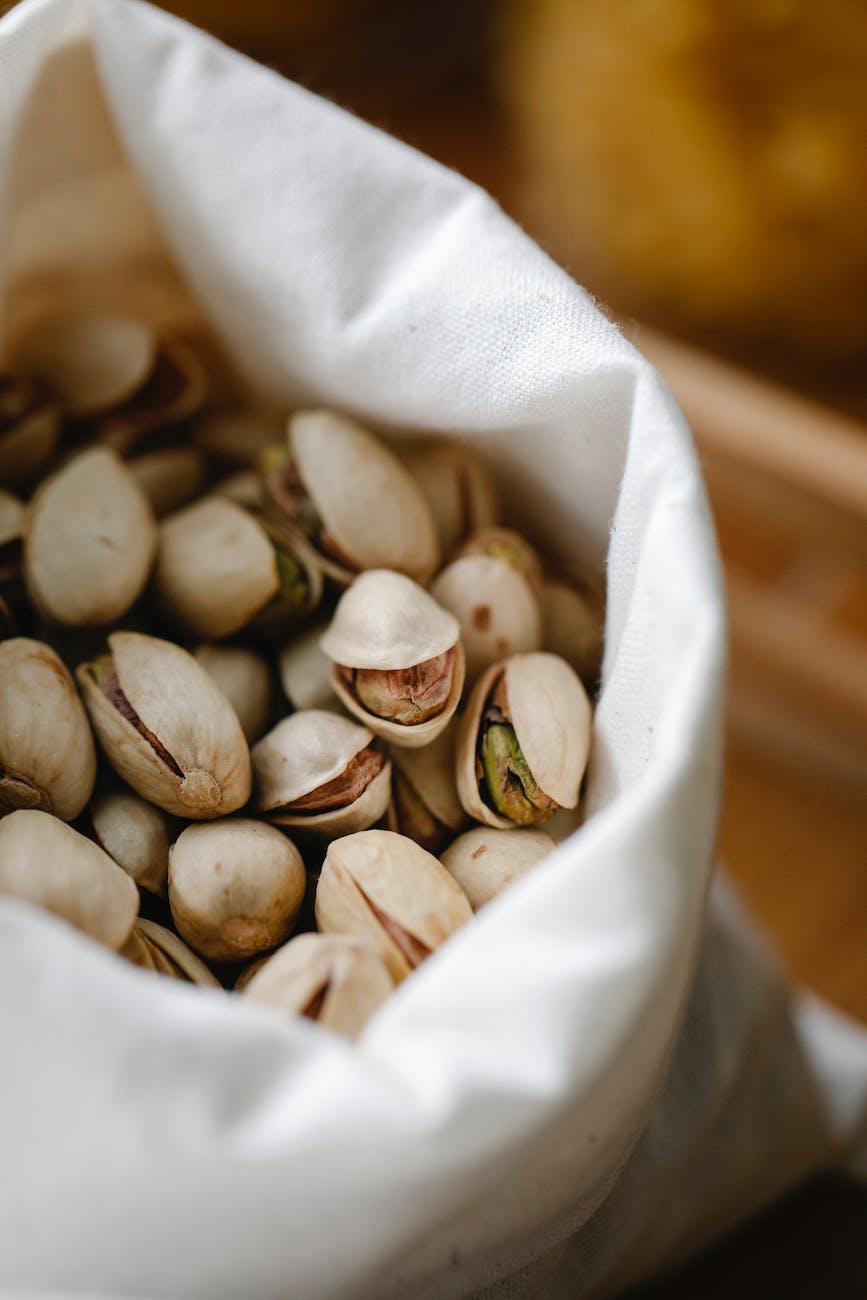
In recent years, the health world has buzzed with discussions around the nutritional implications of various foods. One such topic that has gained significant traction is the relationship between pistachios and cholesterol. Modern research has made it abundantly clear that dietary cholesterol does not necessarily impact blood cholesterol in the way we once believed. As we peel back the layers on pistachios, what does the latest evidence suggest?
Understanding Cholesterol: A Brief Overview
Cholesterol is a lipid molecule produced by all animal cells. It plays a crucial role in the formation of cell membranes, production of hormones, vitamin D, and certain digestive substances. Historically, cholesterol was thought to be the enemy, but modern research indicates that dietary cholesterol has a minimal, if any, effect on blood cholesterol levels for most people.
- LDL Cholesterol (Low-Density Lipoprotein): Known as “bad” cholesterol, elevated LDL levels can lead to arterial buildup, posing cardiovascular risks.
- HDL Cholesterol (High-Density Lipoprotein): Termed as “good” cholesterol, HDL helps in ferrying cholesterol back to the liver for processing.
Pistachios: What’s the Verdict on Cholesterol?
- Inherent Cholesterol: Pistachios, like all plant-based foods, contain zero cholesterol.
- Effect on LDL: Studies show pistachios might reduce LDL cholesterol, likely due to their unsaturated fat content.
- HDL Enhancement: Some evidence suggests pistachios might slightly boost HDL cholesterol levels, though research in this area is ongoing.
- Oxidative Stress Reduction: Rich in antioxidants, pistachios can counter oxidative stress, supporting overall cardiovascular health.
Recommended Pistachio Intake
The golden range for pistachio consumption is between 28 grams and 85 grams daily (about one to three handfuls). However, the precise amount should align with individual dietary goals and overall caloric intake.
Pistachio’s Extended Health Benefits
Pistachios are nutrient-dense powerhouses, offering protein, dietary fiber, B vitamins, and essential minerals. They also provide compounds like lutein and zeaxanthin, beneficial for eye health.
A Note of Caution
Pistachios are calorically rich. Overconsumption could tip the calorie balance, so moderation is advised. Opt for unsalted versions to manage sodium intake.
FAQs for the Curious Mind
Q: Do raw pistachios offer the same benefits as roasted ones?
A: Both types provide health benefits, though roasting may marginally reduce certain nutrient contents.
Q: Should I replace all nuts with pistachios for cholesterol benefits?
A: Diversity is key. While pistachios offer specific benefits, other nuts like almonds and walnuts have their unique nutritional profiles.
Q: Are pistachios allergenic?
A: Some individuals might have pistachio allergies. Always be cautious when introducing new foods.
Q: What’s the omega fatty acid content in pistachios?
A: Pistachios have a higher omega-6 content than omega-3. For omega-3s, consider alternatives like walnuts.
Q: Can other nuts also impact cholesterol levels?
A: Yes, nuts like almonds and walnuts have been shown to have positive effects on cholesterol profiles.
Q: Storage tips for pistachios?
A: Keep them in a cool, dry place. For prolonged storage, refrigeration is recommended.
Blog Tags
Pistachios, Cholesterol, Heart Health, Nutrition, Dietary Facts, Food Research, Wellness, LDL, HDL, Modern Nutrition.









